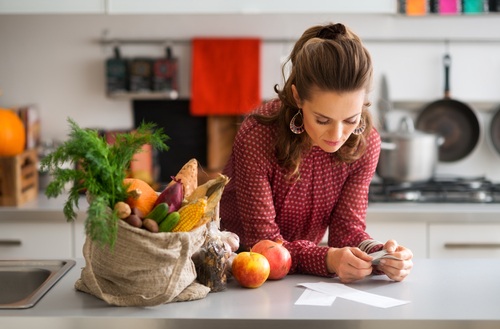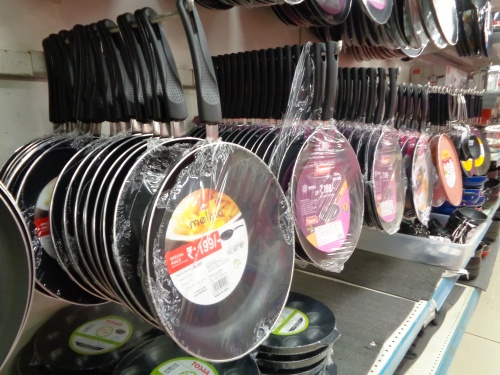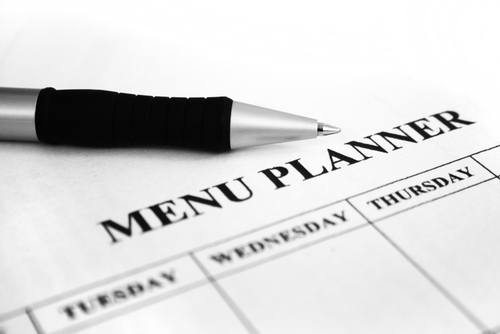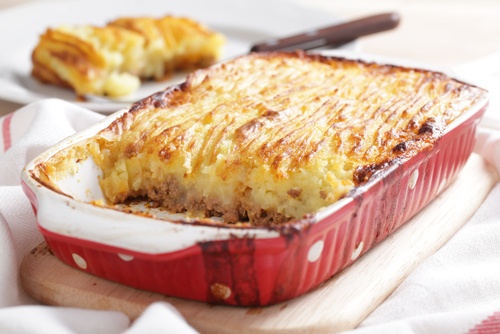Cooking for Passover on a budget is always a hot topic.
But this year, with so many families facing financial uncertainty AND making Passover for the first time, it’s more important than ever.
We caught up with Abbey Wolin, business strategist and program coordinator for the Jewish Woman Entrepreneur (JWE.) Abbey has her finger on the pulse of the business world, so she’s seeing and hearing the financial impact of COVID-19.
With that in mind, she gave us her straight-talking, no-nonsense, top 7 tips for making Passover on a budget:
1. Ask yourself what your goal is

Are you going to be making Passover forever and ever and ever? Or is this just a one-year thing, a stop-gap measure? People feel like they need to buy new dishes, new pots, new pans, new forks, new knives. But if your goal is only to make Passover for one year, then be realistic. Use plastic and disposable. See what pots or appliances you could turn over after Passover and use for chometz. Stop and think before you swipe.
2. You don’t need as much as you think you need

People really overdo themselves; they think they need a lot when they really don’t. It’s only eight days. Do we really need seven entrees at a meal? It’s so wasteful! A main, a salad, and two sides is plenty. Shulchan orech can also be very simple. Once the kids eat the egg and some soup, they’re done. And this year we can’t have company, so there’s no one to impress.
3. Take advantage of budgeting resources

No need to reinvent the wheel when other people paved the way for you. Check out Mara Strom’s kosheronabudget.com. She posts updates about great deals on all different Passover products. Or, if you need pots and pans, you can look at all the different websites to see what’s going to give you the cheapest deal. Take advantage of your social media groups to compare prices and sales where you live.
4. Plan a menu

Being as prepared as you possibly can going into Passover is going to save you money and sanity. How many cake meals do you actually need? How much almond flour? These things are really, really expensive. And WHY do people stock up on potato starch? There’s plenty of Passover food this year, so no need to hoard. Also, if you’re not going to the farmer’s market this Passover, realize that produce is going to be more expensive. So really sit down and budget. How many potatoes? How many bananas?
Plus, planning a menu is going to give your kids reassurance and structure during a tough time. And that’s the most important thing you can do for your children. So, post your menu where they can see it or better yet get their input when you create it.
5. Make food to fill your kids inexpensively during the day

During Passover, we have no pretzels or PB&J sandwiches to fill up the kids. Passover snacks are crazy expensive, but if you feed the kids proteins or salads or soups, they don’t need the chips or ladyfingers. Having a picnic lunch outside is awesome. Make a potato salad, a regular salad with chicken or cheese, or tuna. Your quarantined kids need to get out, and they’ll also eat a solid lunch and feel full. It’ll refresh everyone.
6. Challenge yourself

Figure out what your budget is for dinner and then challenge yourself to stick to it. Abbey likes to challenge herself to make supper for a family of 7 (including a teenage boy!) for under $30. So, she can make two pans of shepherd’s pie (meat and potatoes) and stay within budget. But a family pack of chicken cutlets is $25 all by itself. Once you add in breadcrumbs and sides, a schnitzel dinner is out of budget.
7. Buy smart

Think about it. Should you buy those pre-made cake mixes or can you make it yourself for much cheaper? Are you comfortable going to the farmer’s market? The produce is much less expensive there. And remember, Passover is only a week. You can probably do without the overpriced item you’re putting in your cart.
And one more thought from Abbey – Passover is a time that’s intergenerational. It’s a really important chance to spend time with your family like we’re doing this year.
We’re going to get through this – together.





